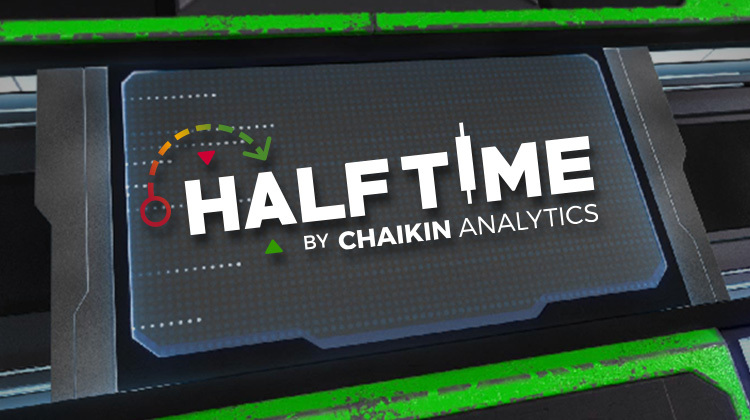
Discover How the Bond Market Outdoes the Federal Reserve
The Federal Reserve plays a powerful role in the economy as the country’s central bank. It manages the nation’s monetary policy, meaning it controls both the money supply and interest rates in order to meet the needs of the economy. However, the Federal Reserve doesn’t directly decide what happens in the bond market. That’s because bond prices are set by investors in the market, and the bond prices determine the interest rate at which firms and consumers can borrow money.
This means that, when it comes to bond prices and interest rates, the Federal Reserve is unable to directly set prices, instead relying on the banks, investors, and other market participants to determine the level at which bonds should be traded. For example, if the economy is growing steadily, investors will typically be willing to pay higher prices for bonds than if the economy were to be in decline. The higher the price, the lower the interest rate offered to borrowers.
On the other hand, if the Federal Reserve wishes to alter the interest rate of certain bonds, it can intervene in the market by buying or selling bonds. This is called open market operations, and it’s a powerful tool that the Federal Reserve has at its disposal. The Federal Reserve can also use open market operations to influence the broader economy by buying bonds and thus lowering interest rates, or selling bonds and thus raising interest rates.
Ultimately, while the Federal Reserve doesn’t directly set bond prices, it does have an important role to play in the bond market. By using open market operations and other tools, the Federal Reserve is able to influence the level of interest rates, allowing it to support or restrain the broader economy.

